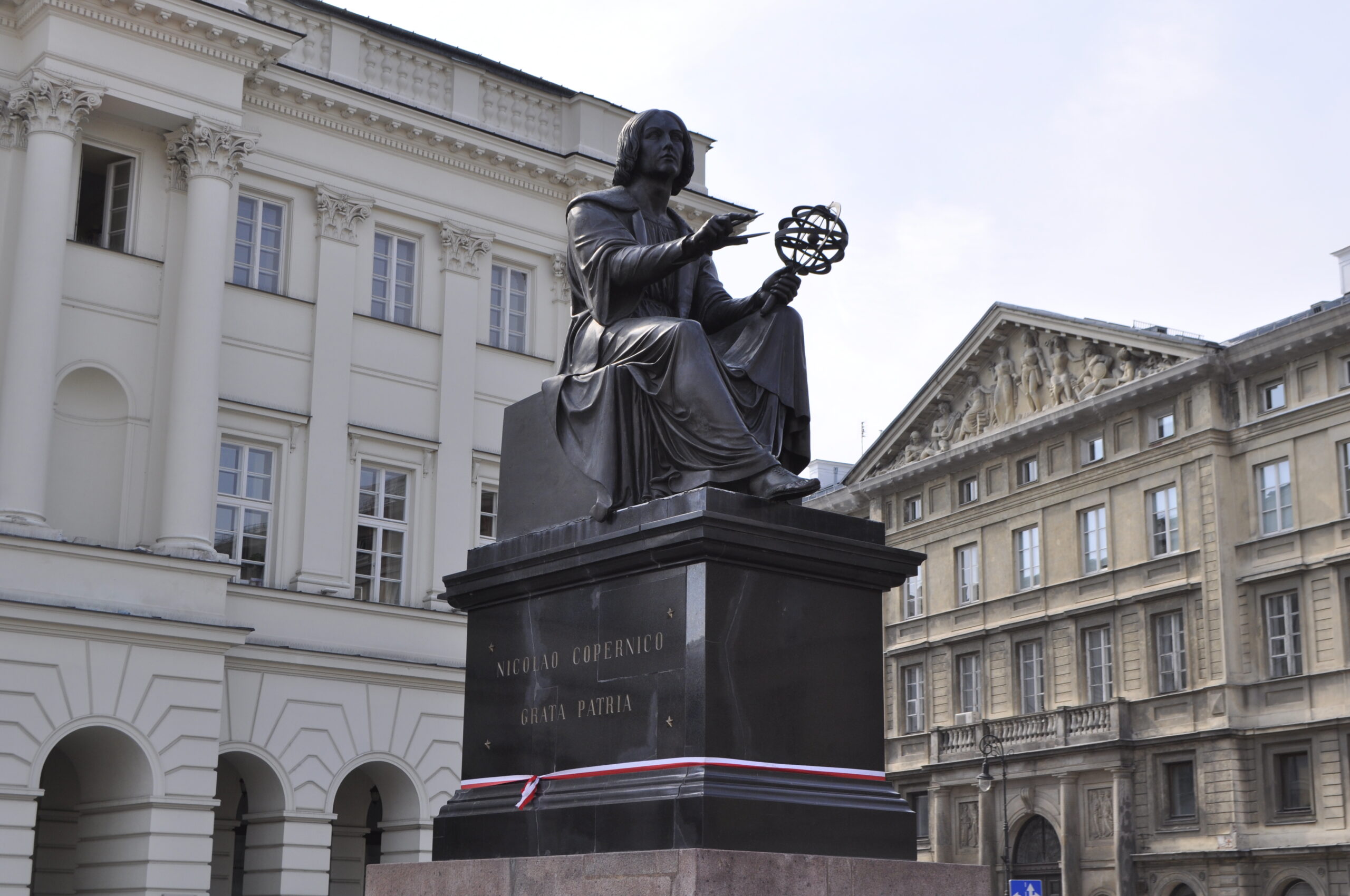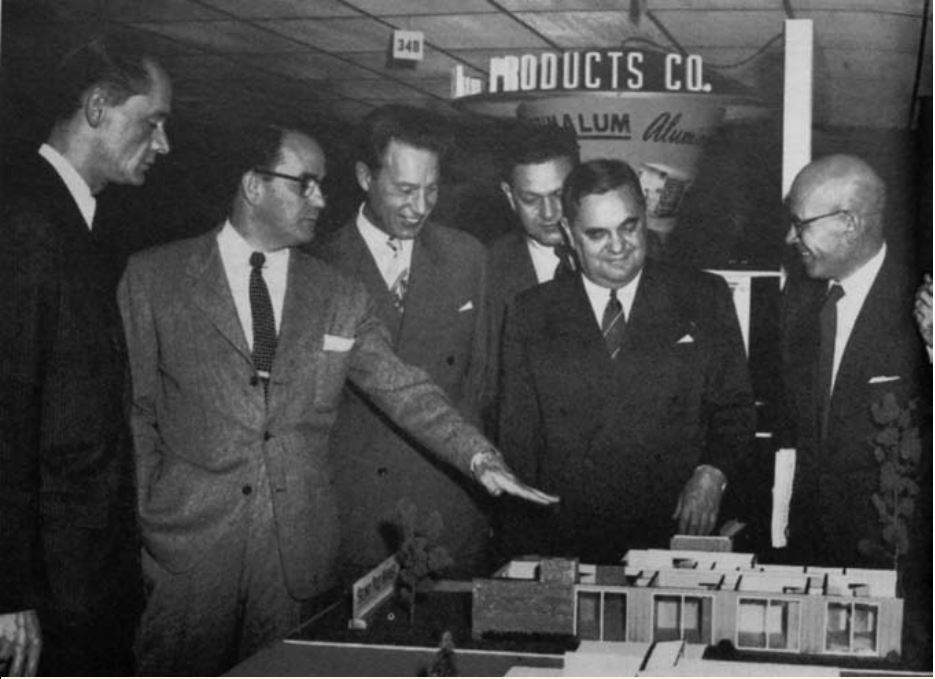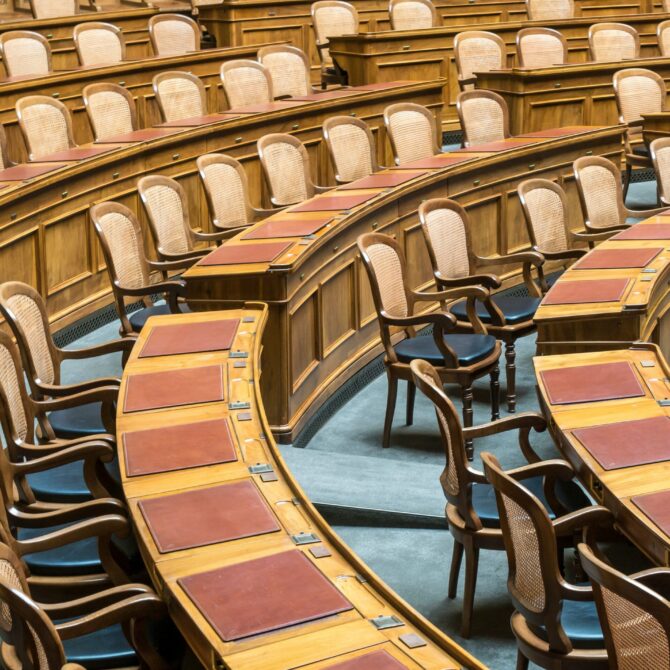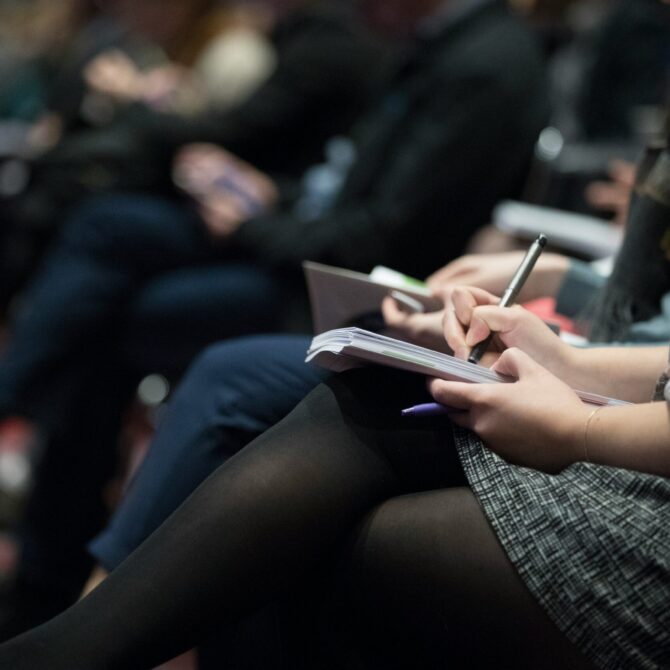Committee for Civil and Water Engineering
Aktualności

About the Committee…
History
The Committee for Civil and Water Engineering of the Polish Academy of Sciences (CCWE of the PAS) has a rich history numbering in the decades. At the first Congress of Polish Science, held in June 1951, among other things, a resolution was passed justifying the need to establish the Polish Academy of Sciences. The creation of this institution took place under the law of 30.10.1951. Through this law also arose the possibility of establishing Scientific Committees at the faculties of the Polish Academy of Sciences with a specific framework of activity.
The first Scientific Committees were established on 24.05.1952, and among them – the Committee for Civil Engineering; this name remained in force until 25.01.1966, when the Presidium of the PAS gave the Committee a new name: the Committee for Engineering. It did not last long. At the beginning of the 1972-1974 term, the name was expanded to: Committee for Civil and Water Engineering, and in this shape it remains in force to this day.
Tasks
The basic tasks of the Committee, regardless of the name, were similar. On the one hand, they stemmed from statutory and regulatory provisions (Act of April 30, 2010 on the Polish Academy of Sciences, Dz.U. of 2010. No. 96, item 619 and the Statute of the Polish Academy of Sciences of November 24, 2010), on the other hand, they were shaped by real life. They can be brought down to the following objectives:
- community integration,
- staff training,
- acting for the development of the construction industry in the broadest sense,
- formulation of scientific opinions,
- speaking on scientific and technical issues related to the Committee’s scope of competence.
Activities of the Committee
The boundaries of the activities of the CCWE are not strict. They overlap partially with the scopes of activities of other Committees of Department IV of Technical Sciences, specifically: Committee for Architecture and Urban Planning, Committee for Mechanics, Committee for Transportation, as well as the Committee for Water Management operating as a problem committee under Department IV of Technical Sciences. Common areas of activity are the strength of the Committees, as demonstrated by past and future joint meetings and other forms of interdisciplinary work.
Resolving engineering problems requires going beyond the traditional scope directly related to the construction of new facilities, maintenance, reconstruction, renovation of existing facilities – both buildings and linear structures – but also using basic sciences such as mathematics, physics, computer science, chemistry, geography, biology, and related sciences such as materials engineering, aerodynamics, hydrology and hydraulics, and even automation and robotics. Those operating in the CCWE activity area in their scientific and professional work must also take into account economic, humanistic, sociological and natural (environmental) aspects, as well as security in the broadest sense.
The wide range of issues dealt with by academics in civil engineering disciplines provides the basis for the conundrum that this profession – not only in terms of scientific research, but also in terms of engineering practice – has been and remains complex, demanding and highly responsible. Perhaps this is why the following saying was coined in ancient Rome: “If someone has taken to construction – there is no need to hinder him. Difficulties will overcome him by themselves.”

Fig. 1. Presentation of single-family house models in Washington, USA. Second from right – Prof. Wacław Żeńczykowski, the first Chairman of the Committee. Source – “Correlator” magazine 1/1957
The Committee on Civil Engineering of the Polish Academy of Sciences operates in the sphere of science. However, almost from the beginning of its existence – and already on a larger scale since the second half of the 1960s – it has also been open to the scientific solution of practical technical problems of engineering in the broad sense. This is reflected in ongoing contacts and collaboration with the industrial and economic environment, advisory and creative assistance to construction practitioners , as well as in jointly organized conferences. A platform facilitating this cooperation are scientific, technical and professional associations with which the Committee continuously cooperates.
It is only natural for the Committee to cooperate with scientific and departmental institutes and higher education. Cooperation with institutes is primarily to jointly solve contemporary engineering problems, while cooperation with universities is additionally to educate and promote human resources. This includes education at the level of third-degree (doctoral) studies and leading up to the post-doctoral degree, including the title of professor.
The primary field of activity of CCWE of the PAS is Poland, but the Committee is also active internationally. Its members participate in the work of multinational institutions, co-organize international conferences, including those of worldwide scope, and professors from abroad – as associate members – participate in the work of the Committee on an ongoing basis.
Uninterruptedly since 1955, the Committee has been publishing the quarterly journal “Archives of Civil Engineering” (since 1990 as the English-language journal ) and uninterruptedly since 1958 – the irregular series “Studies in Engineering” (95 issues were published by the end of 2016). Keeping these publications at a high level is an unquestionable merit of the editors, for which they deserve special gratitude.
The strength of the Committee’s work is the Sections. In the past, their number, names and scopes of activity have varied. At present, there are eleven Sections covering in aggregate the entire scope of the Committee’s competence. The chairmen of the Sections are usually members of the Committee.
One of the most important tasks of the Committee is the dissemination of science. Congresses, conferences, seminars, symposia, workshops, etc. serve this purpose. The Committee and Sections are their co-organizers or provide patronage for such undertakings. In the latter case, in order to take care of the substantive level of the papers, Committee members are part of Scientific Committees. Two national conferences are organized under the direct auspices of the Committee: the 'Krynica’ scientific conference, called after the place where it was held most often (the one in 2023 was the 68th in succession), and the biennial scientific and technical conference 'Structural Failures’ (in 2024 was its 31st edition).
Chairmen of the Committee – since its beginning
Committee for Civil Engineering (1952‒1965)
Committee for Engineering (1966‒1971)
Committee for Civil and Water Engineering (od 1972)
| Term of office | Chairman | ||||
| 1952 | – | 1957 | – | prof. Wacław Żenczykowski | |
| 1957 | – | 1965 | – | prof. Franciszek Szelągowski | |
| 1966 | – | 1968 | – | prof. Wenczesław Poniż | |
| (od grudnia 1967) – prof. Stanisław Hueckel | |||||
| 1969 | – | 1971 | – | prof. Zbigniew Wasiutyński | |
| 1972 | – | 1990 | – | prof. Roman Ciesielski | |
| 1990 | – | 1999 | – | prof. Józef Głomb | |
| 1999 | – | 2007 | – | prof. Andrzej M. Brandt | |
| 2007 | – | 2016 | – | prof. Wojciech Radomski | |
| 2016 | – | 2024 | – | prof. Kazimierz Furtak | |
| 2024 | – | – | Prof. Maria Kaszyńska | ||




